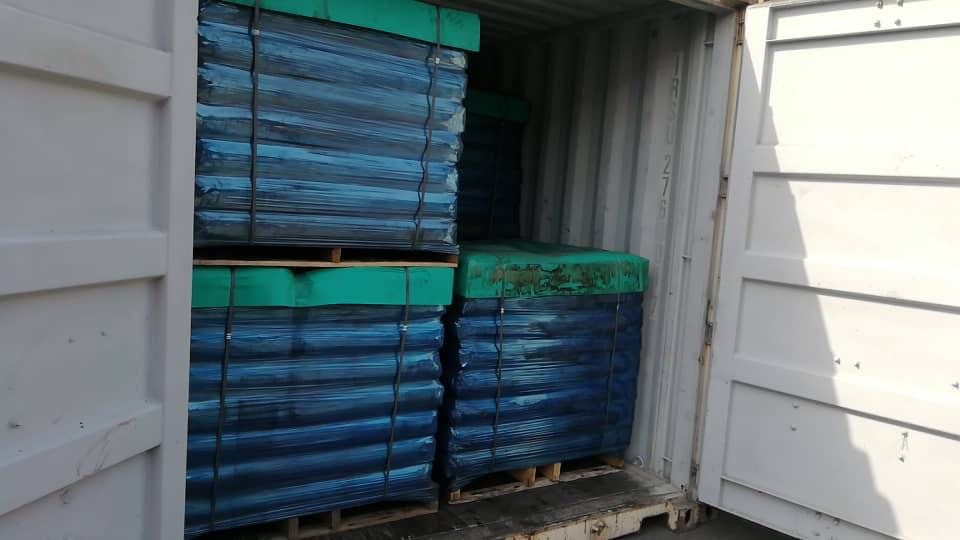
Revolutionizing Greenhouse Gas Sequestration with Asphalt-Derived Sorbents
Researchers at Rice University have introduced a new Gilsonite-based filter that captures carbon dioxide (CO₂) directly at natural gas wellheads. The innovation represents a major step in greenhouse gas sequestration and efficient energy production.
The study, led by Professor James Tour, found that Gilsonite asphalt becomes a powerful CO₂ sorbent when treated with water. The modified material captures over twice its own weight in CO₂ and shows more than 200:1 selectivity for CO₂ over methane (CH₄).
How Water Transforms Gilsonite into a Powerful CO₂ Filter
The Science Behind the Hydrated Sorbent
Adding water changes the structure of Gilsonite-derived carbon. The hydration creates micro-sites inside the pores that attract CO₂ molecules while letting methane pass freely.
This method, known as pressure-swing adsorption, uses the natural pressure found at gas wellheads—often above 20 atmospheres. As pressure drops, CO₂ is released, allowing the filter to regenerate on its own. No heating is required. The system works efficiently and economically, relying only on existing wellhead conditions.
A Sustainable Alternative to Traditional Capture Methods
Why Conventional Systems Fall Short
Conventional CO₂ capture systems have major drawbacks. Physical filters, such as zeolites or polymer membranes, cannot easily separate CO₂ and CH₄. Their molecules are almost identical in size and polarity.
Chemical methods like liquid amine filtering are more selective but expensive and corrosive. They require large equipment and high heat input to function. Despite their selectivity, amines capture only 13% CO₂ by weight and need superheated steam for regeneration.
The new Gilsonite CO₂ capture filter solves these problems. It combines amine-like selectivity with the simplicity of a physical filter. The system captures over 200% of its weight in CO₂, works at ambient temperature, and requires no external heat source.
Performance and Efficiency Under Pressure
High Selectivity and Stable Reuse
Rice researchers tested the hydrated Gilsonite sorbent under different pressures and temperatures—from 0°C to 50°C. The results showed consistent performance and negligible degradation after multiple cycles.
Only 1% of water content was lost during testing. That loss would naturally be replaced by the moisture present in natural gas.
The filter’s micropores, about 23 angstroms wide, become tighter after hydration. This change increases CO₂ affinity while reducing the space for methane to pass through. The material also has a surface area of 4,200 m² per gram, giving it enormous storage capacity for CO₂.
Industrial Benefits for the Oil and Gas Sector
Compact, Pressure-Based, and Eco-Friendly
The asphalt-based CO₂ capture filter is small, durable, and easy to install at wellheads. It relies on pressure differences, not heat, to trap carbon. This makes it energy-efficient and ideal for on-site use.
Captured CO₂ can be:
Compressed and stored underground,
Sold for industrial use, or
Re-injected into wells to maintain reservoir pressure.
This closed-loop carbon cycle reduces emissions and creates economic value for producers seeking carbon-neutral operations.
Gilsonite: A Natural Solution
Gilsonite, also known as uintaite or natural asphalt, is a carbon-rich mineral with high porosity and stability. Its hydrophobic surface and tunable structure make it perfect for porous carbon development.
Transforming this natural resource into a CO₂-absorbing material bridges traditional hydrocarbon chemistry and modern environmental technology. It turns a widely available substance into a key tool for reducing emissions.
Toward a Carbon-Neutral Future
The Rice University team’s innovation shows how natural asphalt sorbents can change the future of carbon capture. Their process integrates smoothly with existing gas infrastructure, avoiding costly retrofits.
As industries move toward sustainability, Gilsonite-based CO₂ filters offer a scalable and low-cost solution for direct greenhouse gas reduction. With minimal energy use and strong selectivity, this material marks a new era in wellhead carbon capture and sustainable energy production.
Key Highlights
Water-treated Gilsonite adsorbs over 200% of its weight in CO₂.
Selectivity ratio: more than 200:1 CO₂ to CH₄.
Works under ambient temperature and pressure.
No external heating or chemical solvents required.
Negligible degradation across multiple cycles.
Provides a compact pressure-swing adsorption system for direct CO₂ sequestration.
Conclusion
With a simple hydration process, scientists have turned Gilsonite into an efficient CO₂-capturing filter. It outperforms conventional systems in selectivity, cost, and sustainability.
This asphalt-based sorbent demonstrates how natural materials can power the next generation of clean energy solutions. Gilsonite CO₂ capture is not just a research milestone—it’s a real path toward a carbon-neutral energy future.
